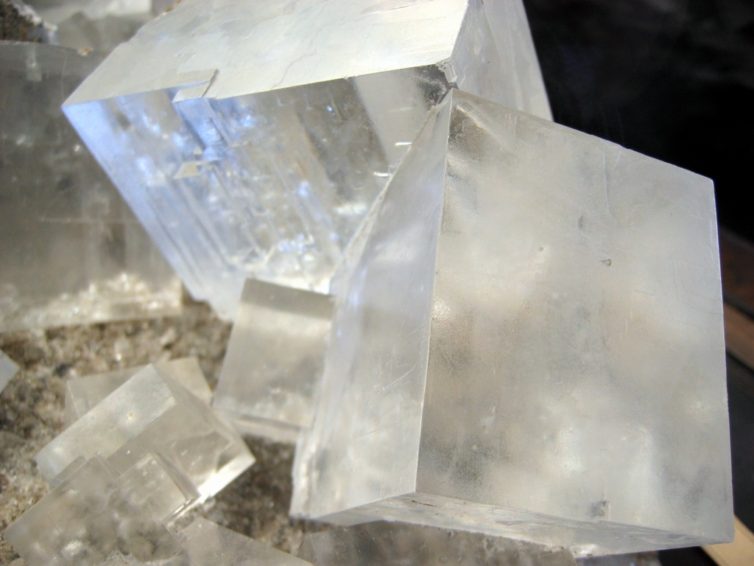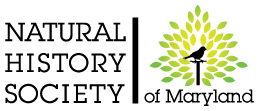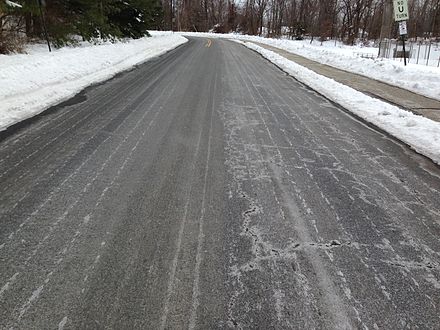Community Science Saturdays
Road salt is everywhere during winter months. It keeps us safe on roads and sidewalks, but it can also pose a threat to fish and wildlife as well as human health. Fish and bugs that live in freshwater streams can’t survive in extra salty water. Water treatment plants are not equipped to filter out the extra salt, so it can end up in your tap water and even corrode your pipes. Monitoring salt levels through the Winter Salt Watch is an easy, quick and free way for students, families and anyone interested to participate in a nationwide study. Led by Emily Bialowas, the Chesapeake Monitoring Outreach Coordinator at the Izaak Walton League of America who also manages the Salt Watch program, collecting crowdsourced chloride data from across the country, you will learn about the Salt Watch Program, how to get involved, see data trends, and discover ways to solve the problem of road salt pollution.
After registering for the program, go to www.saltwatch.org to apply for your free test kit, which will be mailed to you, and then join us on February 6th via Zoom. Zoom information will be provided upon registration.
Emily Bialowas completed her Masters with a focus in Coastal Policy and Management at the University of New Hampshire in 2017 and earned her BS in Natural Resources at Cornell University in 2013.
Community Science is the collaboration of everyday citizens and trained scientists to advance scientific knowledge. Community scientists can help the scientific community in myriad ways including data collection and data analysis. For scientists who don’t have the time or access to do research the way they want to, citizen scientists are stepping in to fill the gap.
NHSM is committed to supporting ongoing research by serving as a community scientist pipeline. These presentations are free to attend. You will have the opportunity to donate financially to NHSM during the registration process. Please direct any questions to bstrong@marylandnature.org



